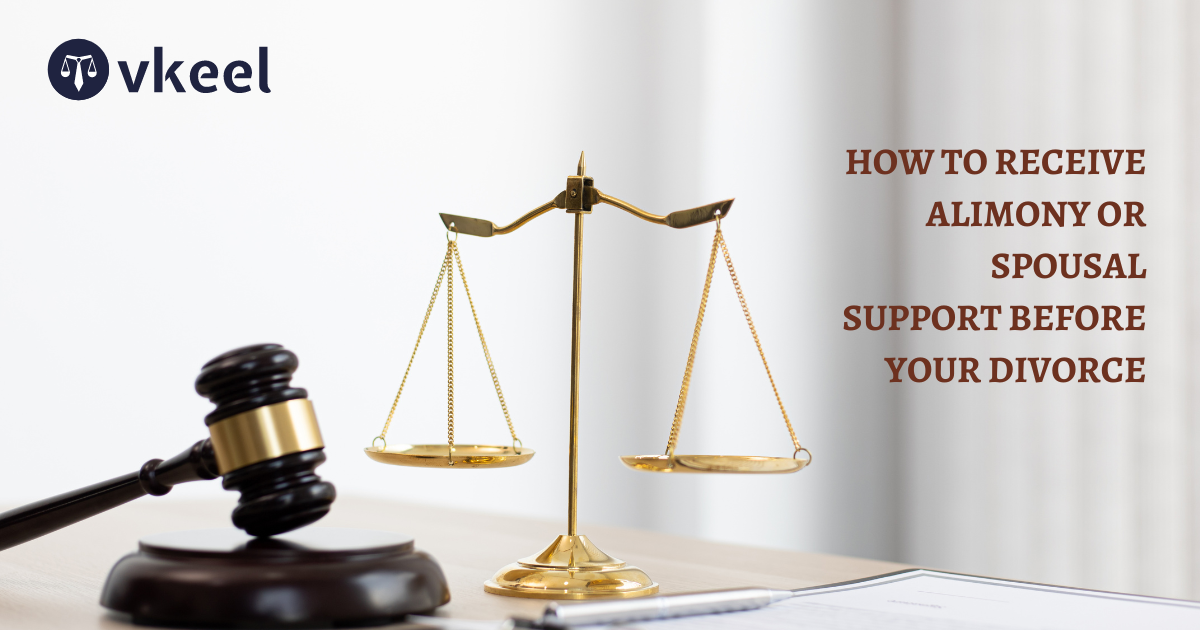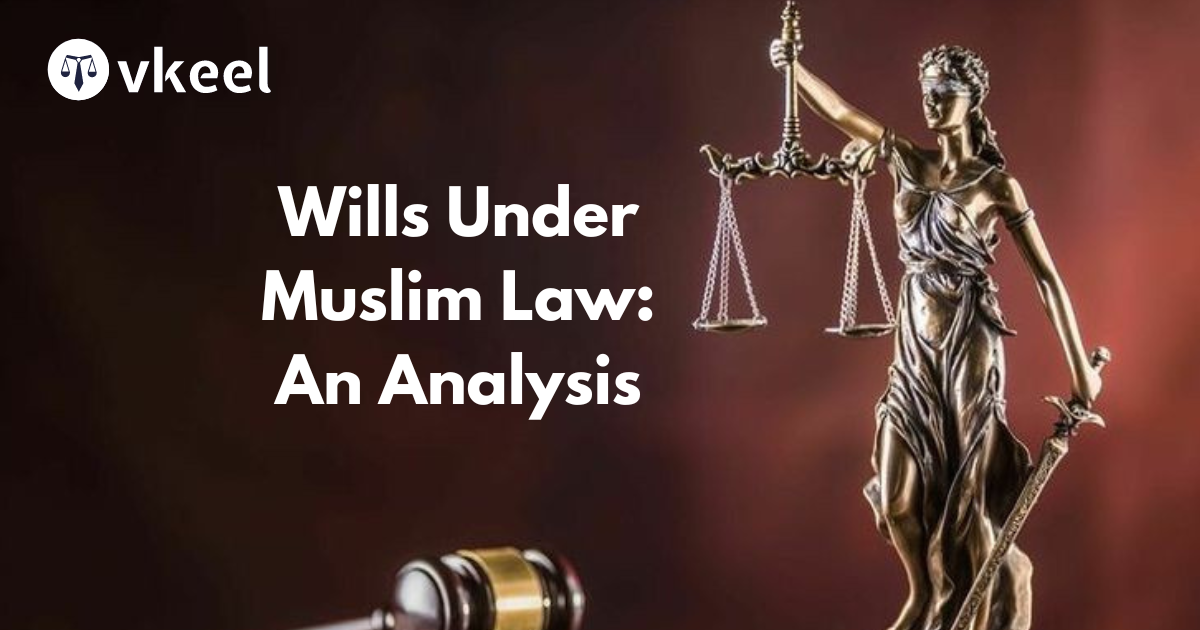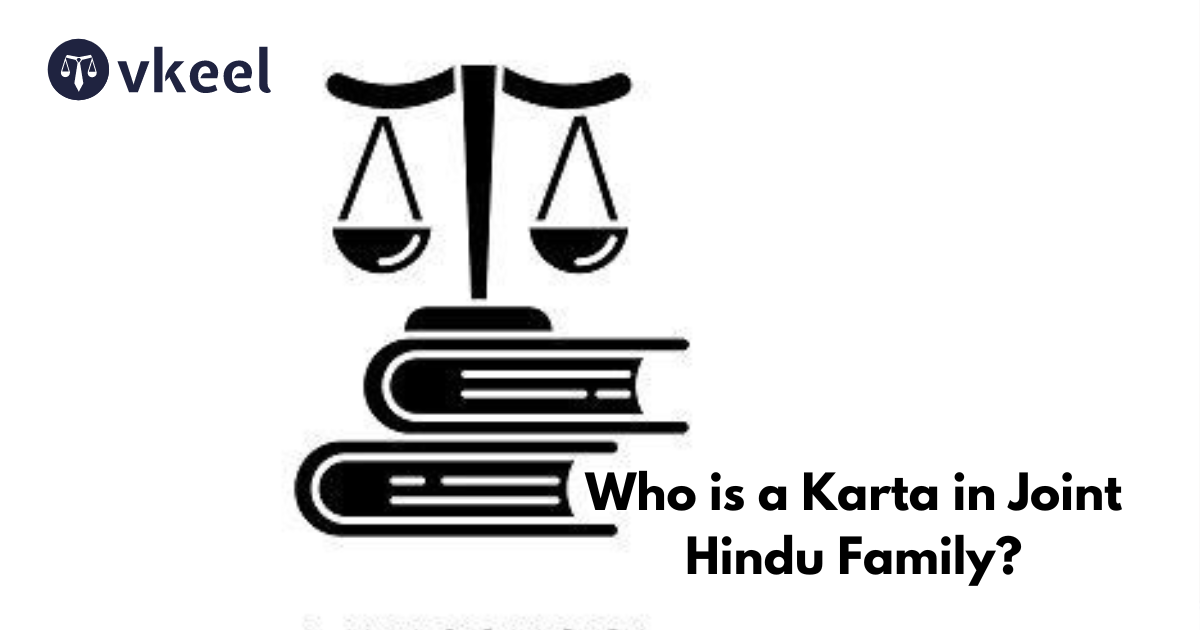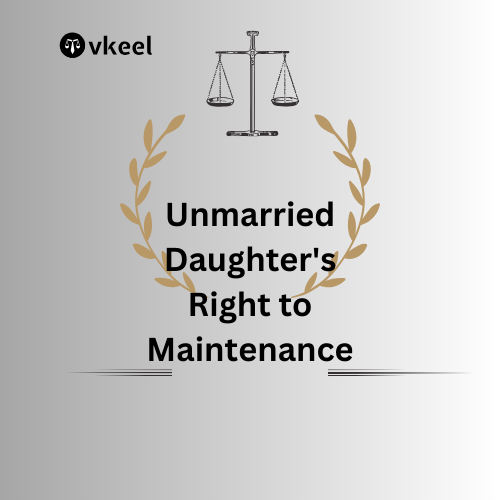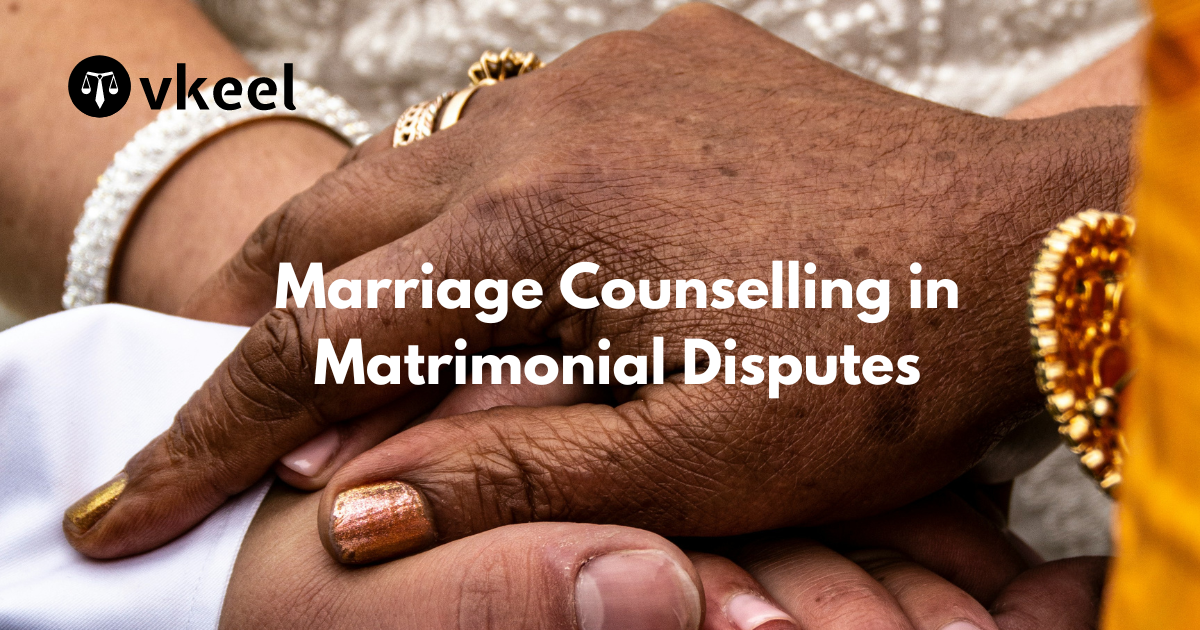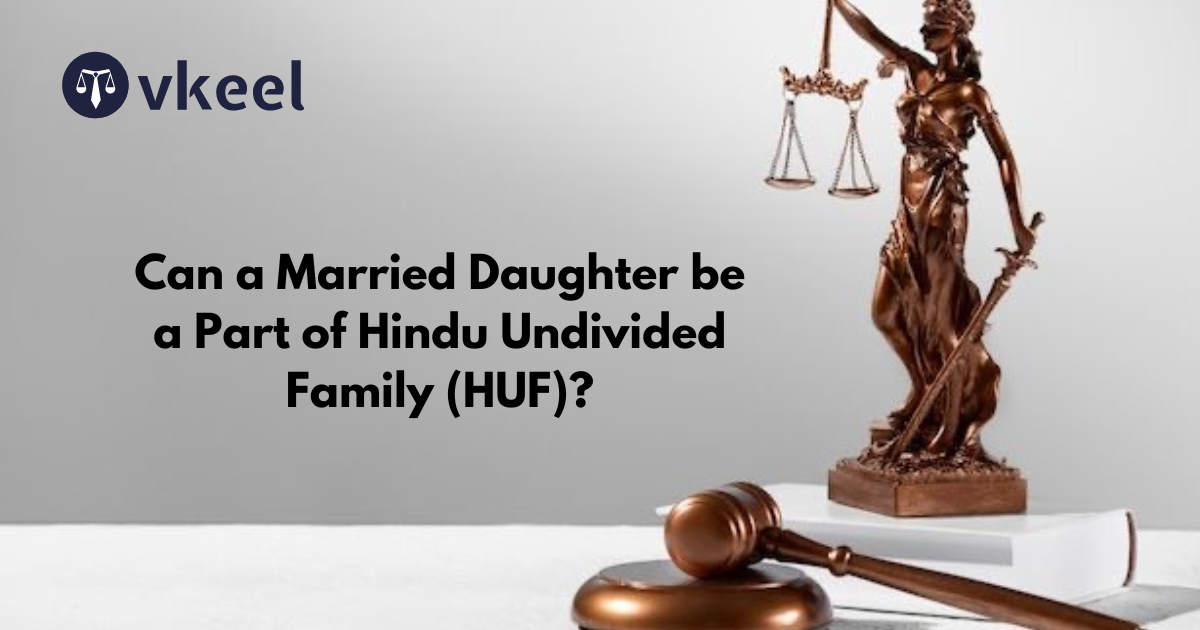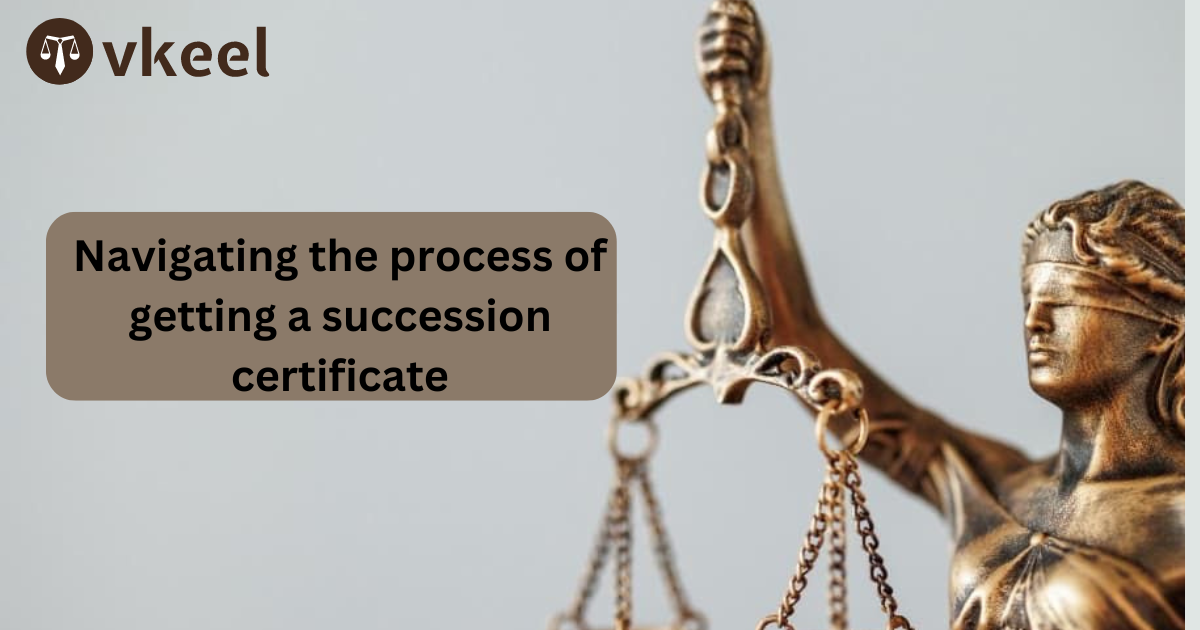How to receive Alimony or Spousal support before your Divorce
By Joy Puri
Table of Contents
Introduction
The alimony or spousal support in India are generally termed by Interim maintenance. It thereby serves as an utmost important provision comprising of financial support to the aggrieved spouse during time period when the judgement has not been pronounced by the courts of law. Furthermore its objectives include; to provide immediate relief to the economically weaker spouse to meet their daily needs and maintain their standard of living. This concept has been stipulated in various personal laws governing different religious communities as well as secular laws of the country.
The concept of Interim maintenance has been entailed in the Section 24 of the Hindu Marriage Act. It therefore empowers the courts of law the power to grant interim maintenance to the spouse which is economically weaker and cant afford the standard of living. Interim maintenance thus serves as a legal mechanism to uphold these traditional familial obligations while adapting them to contemporary socio-economic realities.
Likewise, in Muslim law, interim maintenance is headed by the features and principles mentioned in the Muslim Personal Law (Shariat) Application Act, 1937. The antecedent concept of Muslim Law has been more broadly termed as ‘nafqah,’ encompassing not just financial support but also on the other hand the obligation to provide shelter, clothing, and other essentials which are required for the daily living and expenditure to survive. The application of interim maintenance in Muslim law is rooted in the Quranic injunctions of fairness and justice. Courts typically consider the husband’s financial capacity and the standard of living during the marriage while adjudicating maintenance claims.
Secular laws, such as the Code of Criminal Procedure, 1973, also recite the tails of interim maintenance. Section 125 of the CrPC enables courts to order maintenance to wives, children, and parents who are not able to maintain themselves in order to sustain themselves. This provision stands irrespective of religion, caste, creed etc., extending thereby increasing its ambit to all the citizens of the country. Courts determine the amount of maintenance based on the needs of the claimant and the respondent’s financial capacity. This secular perspective of the Indian statutes thereby recites the tale of fairness, justice, equity and morality.
However, where there is existence of the good things there do exist hardships and challenges. Therefore difficulties have been faced in the implementation of interim maintenance laws, including delays in ability to decipher in the judicial proceedings and varying interpretations of statutory provisions across different jurisdictions. By making persistent efforts towards streamlining procedures and ensuring access to legal aid can address these challenges, ensuring effective enforcement of interim maintenance provisions and upholding the rights of all parties involved.
Understanding divorce related terms : Hindu Muslim and Secular laws
Under the Indian Law, family law is an indispensable part of the legal domain. The latter is thereby also divided into Hindu Law which comprises of various statutes such as Hindu Marriage Act, 1955, Hindu Adoption and Maintenance Act, 1956, Hindu Minority And Guardianship Act, 1956 etc. The second stem of the family law entails about the Muslim Law which is governed by the statutes namely, Shariyat Act, 1937, Muslim Women (Protection of Rights on Divorce Act),1986 etc. The last stem of the Family Law enshrines one about the secular law of the country which is mainly governed by the Special Marriage Act, 1954.
Section 13 of the Hindu Marriage Act explicitly mentions about the Divorce of Hindus under the Indian legal landscape. The antecedent section provides one, the grounds for divorce that can be seeked in the court of law. The concept of Divorce under the Hindu Law varies from different schools of thoughts and cultural practices. However, the Hindu Law tends to prioritize the sanctity of the marriage and provides divorce as the last resort to the related and affected parties. In the Hindu Law the divorce is referred as ‘Vidhi kriya’ or ‘viched’. On the other hand, the Muslim Law various thinkers (imams) have been creative and have come up with various well-defined entailment of Divorce. In the latter the term of Divorce is referred to as ‘Talaq’. It is the repudiation of the marriage by the husband in the exercise of the rights that are conferred to him by the law. In the latter, Husbands enjoy more dominant position in the context of Divorce. Talaq gleams about the end of the marital tie or bind between to the two or more parties. The Holy book of Quran ordains “if you fear a breach between the twain, appoint an arbitrator or a judge from his folk and from her folk. If they desire an amendment Allah will make them of one mind.” Talking about the third stem of the family law, the Special Marriage Act of 1954 defines the divorce between the related parties.
There existed famous scholars in the Islamic era like Yusuf al-Qaradawi, Tariq Ramadan, and Muhammad al-Ghazali who continued to interpret Islamic law in the context of modern challenges. Although there detailed oriented stipulations did vary, but the crux of the argument and their fundamental basic features lied behind the topics of importance of justice, fairness, and adherence to Quranic principles and Sunnah practices in divorce proceedings. They often provided guidance on issues such as women’s rights, custody, and the importance of mediation in divorce cases. Imaam Abu Hanifa who is said to be a fabulous scholar emphasized the importance of reconciliation before divorce. He realised and recognized the husband’s right to initiate divorce but preferred that it be done in a single pronouncement which is termed as ‘talaq-ul-sunnat. His approaches towards the aforementioned topic were centric to the codes of sunnah and the quranic texts. The Special Marriage Act, 1954 is a crucial legislation of India that allows for the solemnization of marriages between individuals belonging to different religions, castes, or creeds. Thereby thus contributing the legal landscape, a legal framework for interfaith and inter-caste marriages in the country. The pertaining legislation hereby provides both parties to the related case petition for divorce. Divorce can thereby be sought on the grounds of adultery, cruelty, desertion for a continuous period of not less than two years immediately preceding the presentation of the petition, conversion to another religion, unsoundness of mind, mental disorder, or venereal disease in a communicable form.
What is alimony or spousal support in different religions?
In the Muslim law maintenance is referred as ‘Nafaqa’. The Holy book in chapter XVII talks about the aforementioned. “The lord hath commanded that you show kindness our parents, whether the one of them, or both of them, attain too old age with thee. Wherefore not unto them. Fie on you neither reproach them, but speak respect unto them, and submit to behave humbly towards them, out of tender or affection, and say O lord have mercy on them as they nursed me give unto him that is of kin to you and his due”. It is also termed as ‘Kharcha-i-Pandan’. Moreover, the Hadith literature provides us the view of numerous narrations deeply focused on the importance of fulfilling maintenance obligations. As per the words of Prophet Muhammad, “It is sufficient sin for a person to withhold from those who are dependent on him”. This Hadith underscores the severity of neglecting one’s maintenance obligations in Islam. In Islamic law, the tale of maintenance on priority surrounds around the duty of a man to provide reasonable necessities for his wife, children, and other dependents of the family. The Quran, in Surah An-Nisa (4:34), directs the man if the family to support their wives financially, quoting, “Men are the protectors and maintainers of women, because Allah has given the one more strength than the other, and because they support them from their means.” This verse underscores the responsibility of men to provide for their spouses from their own resources.
Hopping on the other side, the Hindu Law, the Brihaspati stipulates “A man may give what remains after the food and clothing of the family: the giver or more may taste honey at first but afterwards finds it poison”. In furtherance to the aforementioned the Manusmriti entails “The aged parents, a virtuous wife and an infant child must be maintained even for doing hundred misdeeds”. In Hindu law, the principle of maintenance, known as “nirashritasya,” recites the moral and legal obligations of individuals to provide for their dependents with suffice needs to survive in for their living. Smritis are what we hear. This concept finds its roots in ancient Hindu texts such as the Manusmriti which was written by sage called Manu and the Yajnavalkya Smriti which was deciphered by Vijananeshwara , where scholars. They expounded upon the duties and responsibilities within familial relationships. These smritis are thereby the extentions of the schools of Mitakshara and Dayabagha. The latter was written in 11th century. Manu the sage, in the Manusmriti, ordains the duty of maintenance in a bit more specific and detailed oriented way; “The wife, the son, the slave, the pupil, and the dependent, these five are declared to be the objects of pity; hence should a man, by all means, maintain them” (Manusmriti 8.416). This verse explicitly states that a man, must ensure the well-being of his wife, children, slaves, pupils, and other dependents.
Similarly, Yajnavalkya smriti entails the obligation of maintenance. It quotes, “A wife, a son, a slave, a disciple, a young daughter, an aged parent, and a destitute dependent, must always be maintained” (Yajnavalkya Smriti 1.81). Here, the respective author of the smriti is well rooted and discusses the perpetual nature of the duty, highlighting that certain category of dependents, including spouses, offspring, and elderly parents, must be provided for continuously. These ancient texts serve as the foundation for the modern Hindu law on maintenance. They delineate the deeply ingrained societal values of compassion, familial duty, and social responsibility within Hinduism. Furthermore, they have been instrumental in shaping legal provisions and precedents that govern maintenance obligations in contemporary Hindu jurisprudence.
Maintenance in secular law branch of India refers to the legal obligation imposed on individuals to provide financial support to their dependents, particularly spouses, children, and parents, who are unable to support themselves and are not able to sustain themselves such that they can’t afford a reasonable standard of living in the environment. In the broader context of Indian secular law, maintenance is not confined to the ambit of any specific religion but is applicable to all citizens. It is viewed as a social and moral responsibility to ensure the well-being of those who are financially dependent. The Maintenance and Welfare of Parents and Senior Citizens Act, 2007, extends this obligation to parents and senior citizens, irrespective of their religious roots. Overall, maintenance in secular law of India reflects the ethical and moral duty of individuals to support their dependents, ensuring their dignity and well-being. It is a regarded duty of the state to maintain social justice and equality, aiming to provide for the vulnerable segments of society.
How can one receive that in India?
In India the legal landscape tends to be the protector as to in front of those who do not adhere the rules of the land. The courts of law work against bias and focus of the rule of fair hearing, the courts hereby have to go from certain procedures and rules and being satisfied of the arguments presented, by the grounds when there is no reason why the petition should not be rejected, the court orders interim maintenance to the aggrieved party. The aggrieved part in order to attain the order of interim maintenance from the respondent has to follow the following procedures.
Filing of Petition: The petition has to be drafted by the counsel and then submitted in the court of law in the respective jurisdiction. The written submission in the drafted petition should entail about the grievances of the aggrieved and the financial obstacles one is facing.
Submission of Documents: The drafted document is therefore submitted un the court and within the specific mentioned time frame. Along with the petition, the petitioner (the spouse seeking maintenance) has to submit relevant documents supporting their claim. These documents may include income statements, bank statements, evidence of financial dependence, and any other relevant documentation.
Notice to the Opposite Party: Once the petition is filed the court issues a notice to the opposition party, the respondent to the pertaining case, informing them of the petition and the date of the hearing.
Hearing: During the hearing, both parties have the opportunity to present their arguments and evidences before the court of law in the pertaining jurisdiction. The court may also seek clarification or additional information from either party if the needful is required for serving justice.
Interim Order: Considering all the factors the final decision of the lower court is passed after the judges decipher the requitement of the related parties.
Appeal: If the aggrieved part is not happy with the decisions and they feel that they are dissatisfied with the judgement of the lower court, they can file for an appeal in the respective court.
Final Decision: The respective appellate court on being satisfied of the statements made by the aggrieved and the respondent passes or rejects to pass an order for the same.
Relevant statutes and caselaws
Maintenance in Hindu Law is described by famous statutes such as the Hindu Marriage Act, 1955, the Hindu Adoption and Maintenance Act, 1956, and the Hindu Minority and Guardianship Act, 1956. These legislations collectively ensure the provision of financial support to certain categories of individuals within the community of the former. The Hindu Marriage Act, 1955, stipulates that a Hindu wife can claim maintenance from her husband in case if the respondent neglects or refuses to provide for her financially and economically weaker party . In furtherance to that, the Act also provides provisions for maintenance of children born out of such marriages. The aforementioned legislations collectively reflect the societal values and traditions inherent in Hindu Law, targeting to safeguard the rights and interests of vulnerable members of the Hindu community.
Rameshchandra Daga v. Rameshwari Bai (2005):
In the above mentioned case, the Supreme Court of India clarified the definition of “maintenance” under Hindu law. The court deciphered that maintenance should be interpreted broadly, encompassing not only the basic necessities of life but also the standard of living to which the spouse or dependent was accustomed.
Bodhisattwa Gautam v. Subhra Chakraborty (1996):
Although it was not specifically a maintenance case, this landmark judgment by the Supreme Court significantly impacted the interpretation of Hindu law and emphasized on the rights of the women in the society. The court held that a woman in a live-in relationship is entitled to maintenance under the provisions of Hindu law, similar to a legally wedded wife as the relationship is deemed to be the marriage relationship. This judgment marked a significant shift in recognizing and protecting the rights of women in non-marital relationships under Hindu law, ensuring their financial security and well-being.
Maintenance in Muslim law is governed by various legislations that highlight the marital obligations concerning the financial support of family members. The pivotal statute that addresses maintenance is the Muslim Personal Law (Shariat) Application Act, 1937, which applies to all Muslims in India. Under this Act, maintenance refers to the duty of a husband to provide for the maintenance of his wife, children, and dependent relatives and provide them standard of living. The amount of maintenance is determined based on the husband’s financial capacity and the needs of the dependents. Additionally, the Muslim Women (Protection of Rights on Divorce) Act, 1986, addresses maintenance after divorce of the partners. According to this Act, a divorced woman is entitled for maintenance from her ex-husband during the period of iddat which is of a specific days and thereafter if she is unable to support herself. The amount of maintenance is decided by the court, taking into account various factors such as the standard of living during the marriage and the financial status of both parties.
Danial Latifi & Anr v. Union of India (2001)
In the above mentioned case, the Supreme Court clarified that the maintenance has to be given by the husband not for iddat period but within the iddat period of the related women.
Maintenance in secular law of the country is made with regards to the S125 of the code of criminal procedure. This section provides all the citizens to claim maintenance irrespective of their religions.
Mohammed Ahmed Khan v. Shah Bano Begum (1985):
The court in the antecedent case deciphered about the maintenance claim by a women under section 125 of code of criminal procedure. This judgment sparked considerable debate and eventually led to the enactment of the Muslim Women (Protection of Rights on Divorce) Act, 1986.
Conclusion
“Maintenance is the unsung hero of progress, ensuring that what is built endures, what is created remains functional, and what exists continues to thrive.”
In conclusion, the hurdles of receiving alimony or spousal support before finalizing a divorce can be a bit challenging process. However, with thorough research, understanding of your rights, and the legal counselling , one can increase their chances of obtaining the financial support you need during this difficult period. One should always prioritize open communication with their spouse, explore all available options, and advocate for the best interests throughout the proceedings. By approaching this matter with diligence and determination, one can work towards securing the support you deserve as you navigate the journey towards divorce.
Disclaimer:
The information provided in the article is for general informational purposes only, and is not intended to constitute legal advice or to be relied upon as a substitute for legal advice. Furthermore, any information contained in the article is not guaranteed to be current, complete or accurate. If you require legal advice or representation, you should contact an attorney or law firm directly. We are not responsible for any damages resulting from any reliance on the content of this website.

